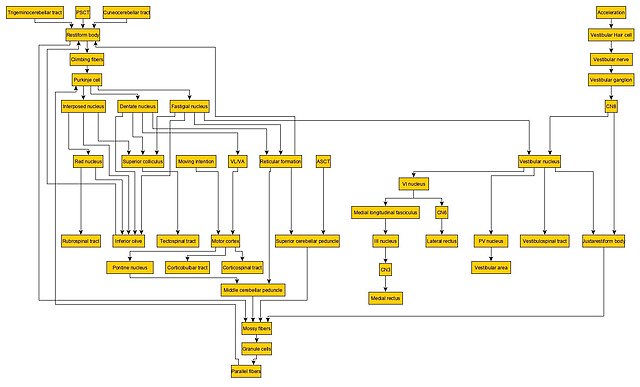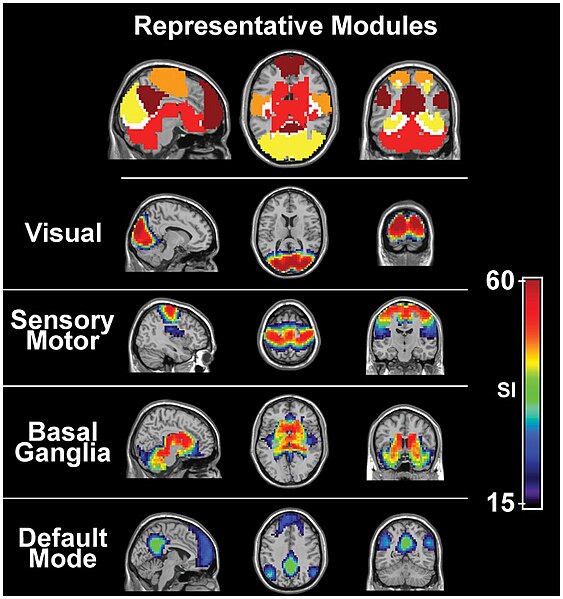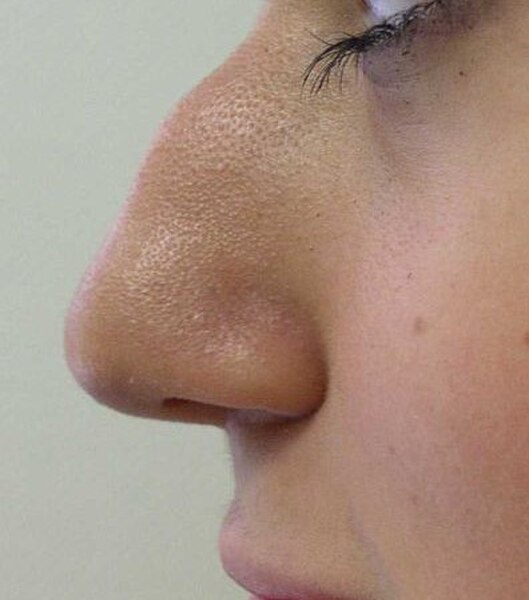Infinite photos and videos for every Wiki article ·
Find something interesting to watch in seconds
British Monarchs
Celebrities
Largest Empires
Presidents
Best Campuses
Recovered Treasures
Great Artists
Wars and Battles
Largest Palaces
History by Country
Kings of France
World Banknotes
Crown Jewels
Countries of the World
Animals
Sports
Supercars
Tallest Buildings
Rare Coins
Orders and Medals
Wonders of Nature
Great Museums
Great Cities
Richest US Counties
Ancient Marvels
Famous Castles
more top lists





